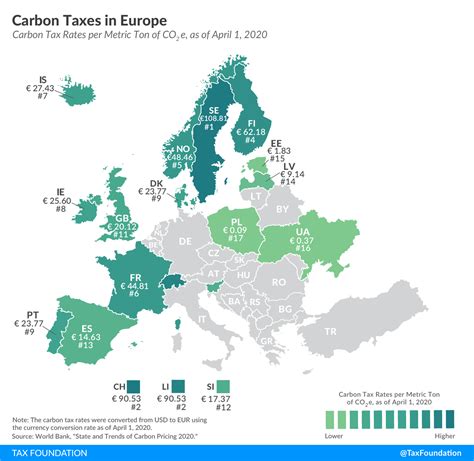Every year, millions of taxpayers across Europe leave money on the table because they are unaware of the numerous tax rebates available to them. Whether you are a small business owner, a freelancer, or an employee, understanding how to unlock these savings can significantly impact your financial well-being. This comprehensive guide will explore various tax rebate opportunities available across Europe, helping you navigate the complex system and maximize your savings.
What Are Tax Rebates?
Tax rebates are essentially refunds on taxes you have paid to the government. They are a way to reduce your tax burden by refunding a portion of your tax payments based on specific qualifying criteria. These rebates can come in various forms, including credits for expenses incurred, deductions for certain investments, or even refunds for overpaid taxes.
Types of Tax Rebates Across Europe
Tax rebate programs can vary widely depending on the country and its individual tax laws. Here’s a breakdown of several significant types of tax rebates found across Europe:
1. Personal Tax Rebates
Many European countries offer personal tax rebates based on your income level, family status, and other individual circumstances. For example:
- Germany: Families with children can claim a child allowance that reduces their taxable income, leading to a potential tax rebate.
- France: Taxpayers can benefit from a tax credit for employing household help, which can significantly reduce tax bills.
2. Business Tax Rebates
Small businesses often have access to various rebates aimed at encouraging growth and innovation:
- United Kingdom: The R&D tax credits allow businesses to reclaim a percentage of their R&D expenditure, significantly impacting cash flow.
- Italy: The Innovation Tax Credit supports firms investing in new technologies, providing substantial benefits for qualifying businesses.
3. Green Energy Tax Rebates
With a growing emphasis on sustainability, many European countries offer tax incentives for adopting green technologies:
- Sweden: Homeowners can receive tax rebates for installing renewable energy systems, such as solar panels or geothermal heating.
- Germany: The government offers generous incentives for energy-efficient home improvements, which can include tax reductions.
How to Claim Your Tax Rebates
Claiming tax rebates often involves a series of steps that can vary by country:
- Gather Documentation: Collect all necessary documents, such as receipts, invoices, and proof of income.
- Check Eligibility: Review the specific criteria for each rebate to ensure you qualify.
- Complete Forms: Fill out the necessary tax forms, either online or via paper applications, depending on your location.
- Submit Your Claim: Submit your claim through your local tax authority’s designated process.
- Follow Up: Keep track of your application’s status and respond to any inquiries from tax officials.
Common Misconceptions About Tax Rebates
Many taxpayers hold misconceptions that can prevent them from claiming available rebates. Here are a few of the most common:
- “I don’t earn enough to qualify.” Many rebates are designed for low- to middle-income earners, so it’s worth investigating.
- “I must hire a tax professional to claim rebates.” While professionals can help, many rebate applications are simple enough to handle independently with the proper guidance.
- “All tax rebates expire.” While some rebates do have deadlines, many can be claimed retroactively, making it worth your time to research past years’ taxes.
Conclusion
Tax rebates can serve as a valuable resource for individuals and businesses across Europe, offering substantial savings when approached with knowledge and diligence. Each country has its unique system and qualifying criteria, so it’s crucial to stay informed about the latest developments in tax legislation and available rebates. By doing so, you can unlock significant savings that contribute to your financial health and support sustainable practices. Take the time to explore your options today!
FAQs
1. Are tax rebates available in every European country?
Yes, most European countries offer some form of tax rebate, though the programs’ specifics and eligibility criteria differ significantly.
2. How can I find out which tax rebates I qualify for?
Consult your country’s tax authority website, as they will provide the most accurate information tailored to your personal circumstances. Tax advisors can also be a good resource.
3. Is there a time limit for claiming tax rebates?
Many tax rebates must be claimed within a specific timeframe, often within the tax year or shortly after. However, some rebates allow retroactive claims, so it’s advisable to check each rebate’s rules.
4. Do I need to pay taxes on any received rebates?
Generally, tax rebates themselves are not considered income and do not need to be reported as taxable income. However, it’s essential to verify this with a tax professional.
5. Can I claim tax rebates for the previous year?
In many cases, yes. Various countries allow claims for the previous tax year, but this can depend on the specific rebate rules.
Download Tax Rebate In Europe
